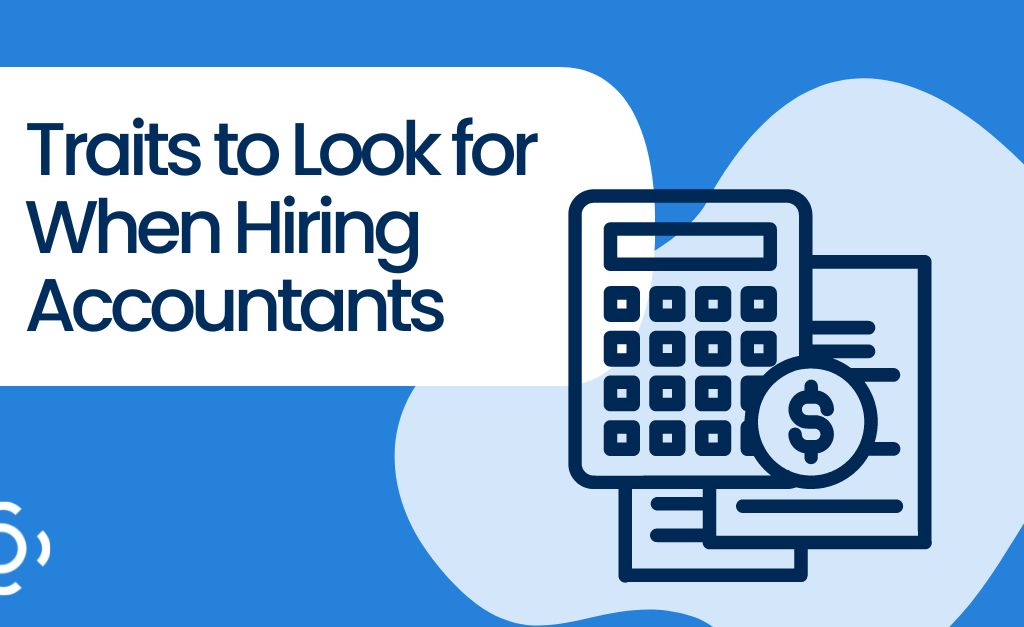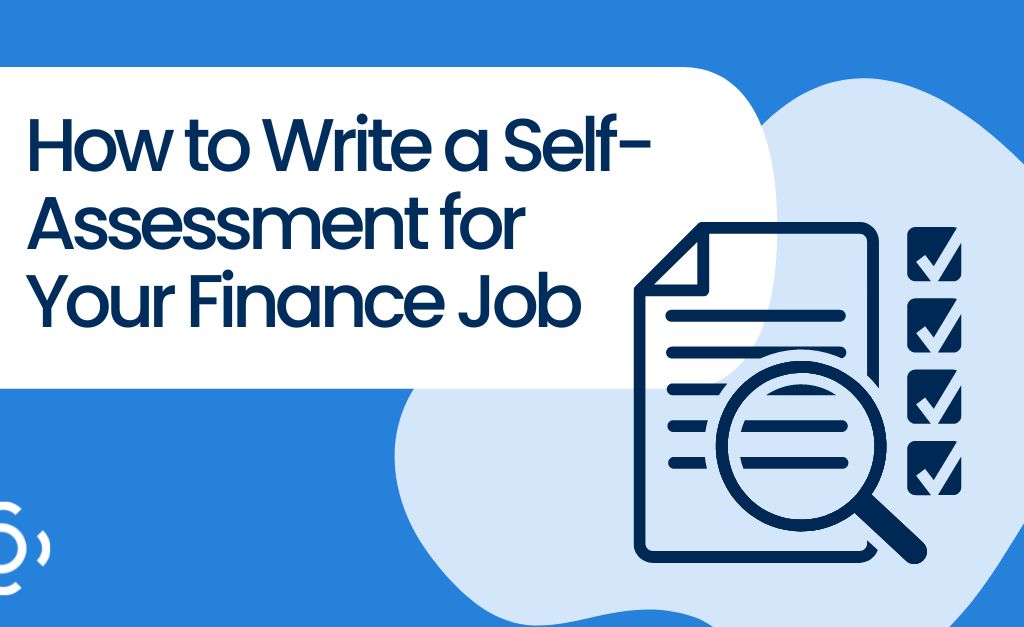At the early stages of your career the choices you make can lay the foundation for a successful future.
And while everyone’s path might look a little different, it pays to do some planning.
Here are 30 things to do for your career before you turn 30.
1) Define Your Professional Brand – Your professional brand helps others understand what value you bring to the table and how you might fit into their company.
2) Identify an End Goal – What is your ultimate career goal? Even if it’s something like, “I want to be a Controller in a midsize company,” a goal gives you something to strive for. Try to articulate your end goal early. You can always revisit and tweak it as your career unfolds.
3) Set Milestones – Evaluate what you want your career to look like at the one, three and five year mark. Milestones keep you on track and encourage you to think strategically.
4) Get a Mentor – Having someone to bounce ideas off of, guide you, or advocate for you, can be the difference between moving your finance career forward successfully, or making a wrong choice. Perhaps the most important thing you can do for your career before you turn 30 is to get a mentor. Here’s why.
5) Develop a Network – Whether it’s your company’s Friday night gathering, or a monthly industry event, networking is critical to your success. Even the occasional connection can pay dividends down the road. Start building your network now.
6) Commit to Professional Development – Employers like people who invest in their career. From conferences to courses, professional development enhances your skill set and marketability.
7) Get Social – Social media platforms let you say, “Look how great I am,” without actually saying, “Look how great I am.” Make sure your online presence is up to snuff.
8) Learn to be Persistent – And resilient. And motivated. And, well, you get the idea. When we asked employers what traits they most valued in their employees they highlighted resilience in the face of adversity as one of the keys to success.
9) Take a Communication Workshop – Accountants today need to communicate effectively with their non-financial peers, so if this isn’t your strong suit, it’s time to fill the gap.
10) Tracks Changes in Your Industry – In an industry that is constantly undergoing change, your value lies in your ability to anticipate industry shifts and stay on top of them.
11) Build Relationships Internally – Develop the habit of doing favours and forging connections with managers in different departments. Building genuine business partnerships will position you for the next opportunity.
12) Connect with a Recruiter – Build a relationship with a tenured finance and accounting recruiter based on transparency and mutual respect.
13) Know your Core Values – Your core values drive your decision-making and will ultimately influence whether you stay with a company or not. Take time to reflect on what’s important to you in a career and what you’re willing or not willing to compromise on.
14) Follow the Learning, Not the Money – Learn as much as you can in the early stages of your career. By developing your skill set and expanding your experience, you’ll set yourself up for success.
15) Learn to Look the Part – Always dress professionally. As the experts say: “Dress for the job you want, not the job you have.”
16) Develop a Posture of Service – Your humility and quiet confidence will do more to advance your career than any grandstanding ever could.
17) Get Solutions Focused – Create a mindset that is solutions, not barriers, focused.
18) Take a Contract – Whether it’s a foot in the door, or the desire to gain experience in a specific industry, contract roles offer a wealth of benefits.
19) Refine and Revisit – Get in the habit of revisiting your career plan and refining it if need be.
20) Craft a Career Story – Learn how to effectively articulate your experience and career trajectory. A career story that is filled with purposeful choices can deliver you to the next step in your career.
21) Perfect Your Elevator Pitch – Know how to answer the dreaded, “So what do you do” with confidence. Who knows, you might be speaking to your next employer.
22) Learn to Listen – Active listening can turn a potentially negative situation into a win, including during an interview.
23) Document Your Wins – Any of your marketing materials (read: resume or LinkedIn profile) should outline your accomplishments in each of the roles that you held.
24) Work Abroad – If your company offers you a chance to work abroad don’t necessarily dismiss the opportunity. A fantastic professional and cultural experience could await you.
25) Complete Your Designation – Besides the obvious technical gains, achieving your designation sends a strong message to your employer that you are ready for the next step. Completing your designation showcases your commitment to your trade and future.
26) Learn How to Be Team-Oriented – Develop a reputation as the “go to” person for your team. Adopting this approach early in your career will serve you well for years to come.
27) Step Out of Your Comfort Zone – Take the lead on an initiative, or the key role in a new systems implementation. Don’t be afraid to challenge yourself, it’s the only way you’ll grow.
28) Seek Out Progression – As finance and accounting recruiters in the GTA we see it all the time – candidates who get the roles they want are those who have made purposeful choices leading to skill set growth or increased industry knowledge. Actively look for opportunities that will help you take the next step forward.
29) Conduct a Skills Inventory – Within the first few years of your career it pays to do an honest skills inventory. Once you note what skills you do and do not have, you can make a plan and take the required steps to correct any perceived gaps.
30) Develop Your Leadership Potential – Spend time learning about and developing your leadership style. To get started, always lead by example. Be proactive, collaborative and ethical.
Your twenties are a time of incredible growth and limitless potential. Lay the foundation for the kind of career you want and with the right approach, and a little bit of luck, it can be yours for the having.


